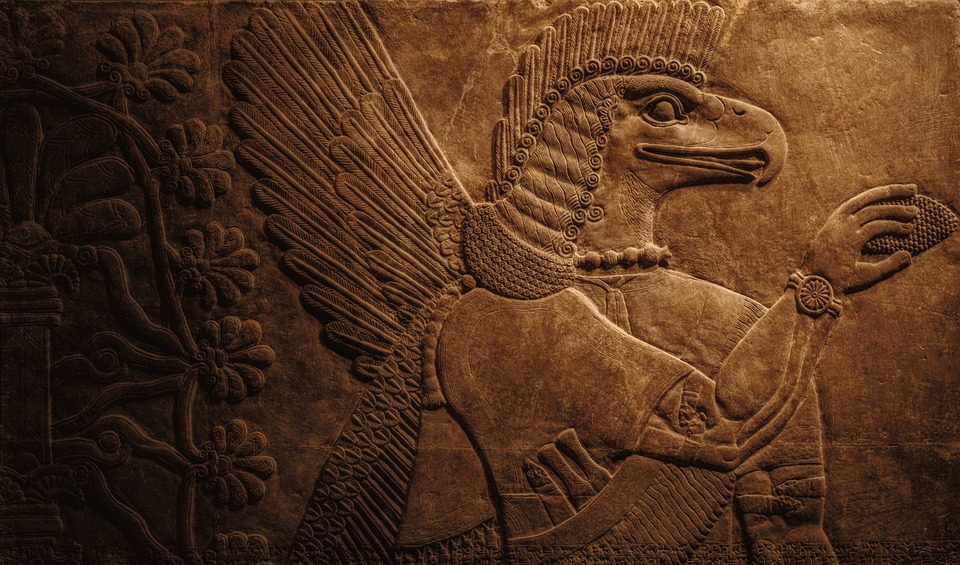
The Emancipation Proclamation was a landmark event in American history that had a profound impact on the course of the Civil War, the status of African Americans, and the future of the United States as a whole.
Firstly, it was issued by President Abraham Lincoln on January 1, 1863, and declared that all slaves in the Confederate states “shall be then, thenceforward, and forever free.” This was a significant turning point in the Civil War because it transformed the conflict from a war to preserve the Union into a war to end slavery.
The Emancipation Proclamation also served as a diplomatic tool for Lincoln to gain support from foreign powers, such as Great Britain and France, who had abolished slavery and were hesitant to support a country that still allowed it. The proclamation also made it clear to the Confederate states that slavery was a primary cause of the war, and that it would not be tolerated.
Although the Emancipation Proclamation did not immediately free all slaves, it did pave the way for the Thirteenth Amendment to the Constitution, which formally abolished slavery in the United States. The proclamation also gave hope to enslaved African Americans and encouraged them to escape to Union lines, where they could join the Union army and fight for their freedom.
The Emancipation Proclamation also helped to redefine the purpose of the Civil War and made it clear that the Union was fighting not only to preserve the Union but also to end slavery. This helped to strengthen the resolve of Union soldiers and boost morale.
Furthermore, the Emancipation Proclamation sparked debates and discussions about the future of African Americans in the United States. Many abolitionists saw it as a step towards full emancipation and citizenship, while others believed it did not go far enough.
The proclamation also had a significant impact on the Reconstruction period that followed the Civil War. It established a framework for the rights of African Americans in the South and helped to pave the way for the adoption of the Fourteenth and Fifteenth Amendments, which granted citizenship and voting rights to African Americans.
The Emancipation Proclamation also played a key role in shaping the legacy of President Lincoln. It cemented his reputation as the “Great Emancipator” and helped to define his legacy as a president who fought to end slavery and preserve the Union.
Moreover, the Emancipation Proclamation had a profound impact on the United States’ relationship with race and civil rights. It marked a turning point in the country’s history, moving it towards a more inclusive society where all individuals are guaranteed equal rights under the law.
The Emancipation Proclamation also helped to inspire other movements for social justice and civil rights in the United States, including the civil rights movement of the 1960s.
However, the Emancipation Proclamation was not without its flaws. It only applied to slaves in Confederate states and did not free slaves in the Union or the border states. Additionally, it did not grant citizenship or equal rights to African Americans.
Nevertheless, the Emancipation Proclamation remains a pivotal moment in American history and a powerful symbol of the struggle for freedom and civil rights in the United States. It played a crucial role in ending slavery, redefining the purpose of the Civil War, and setting the stage for the civil rights movement that would follow.







